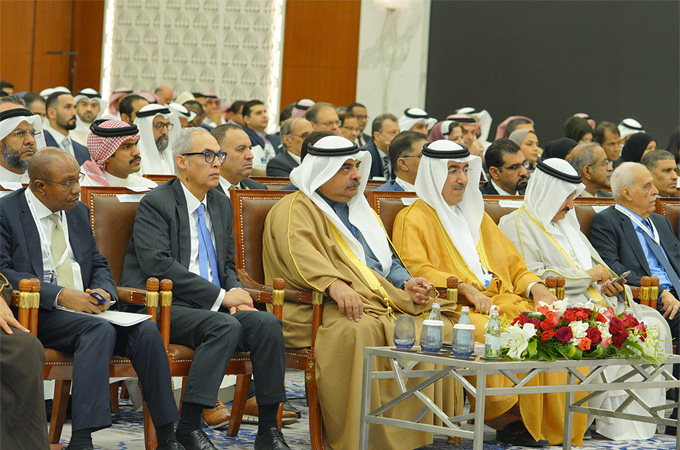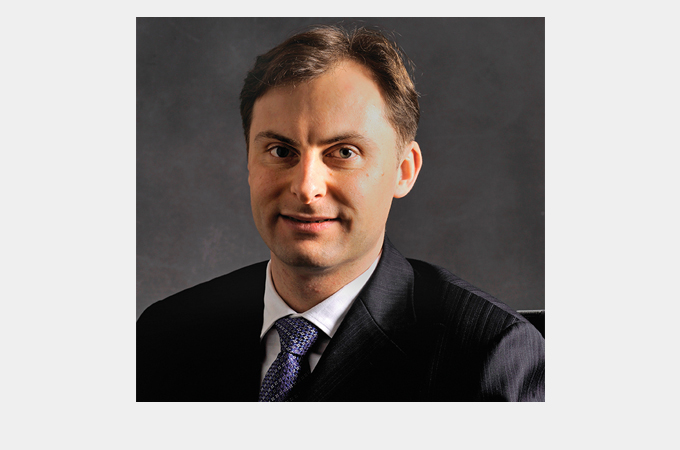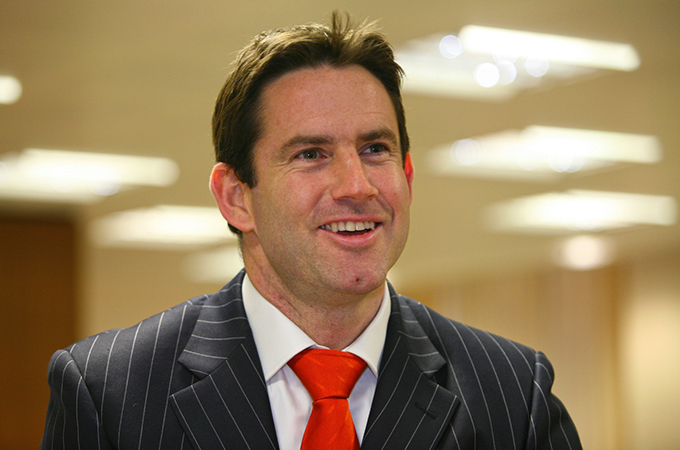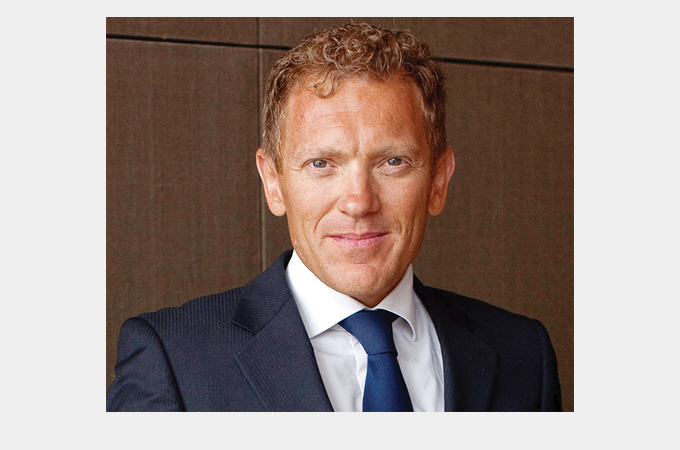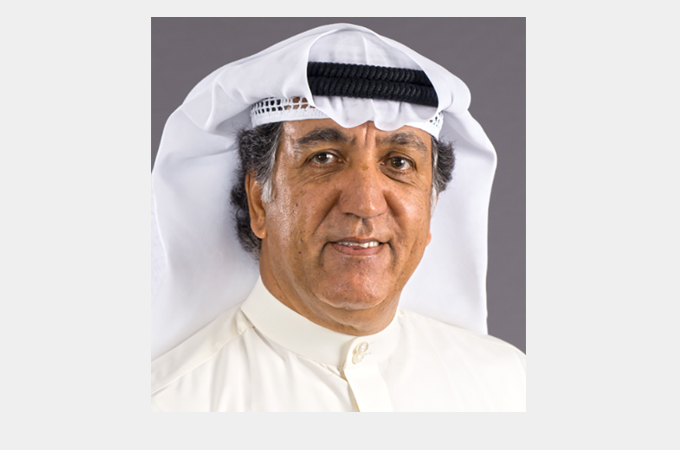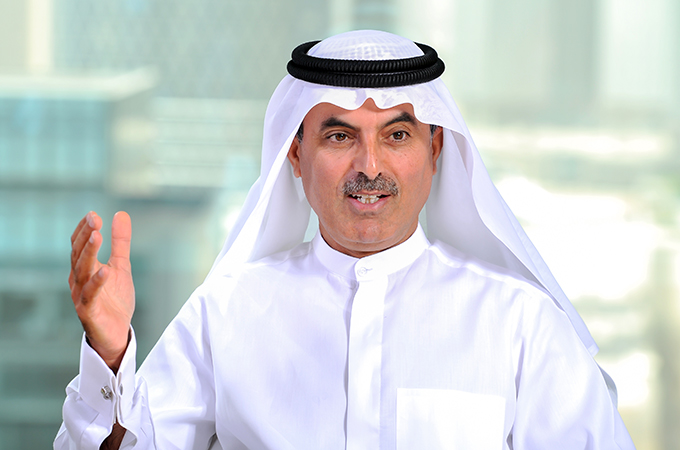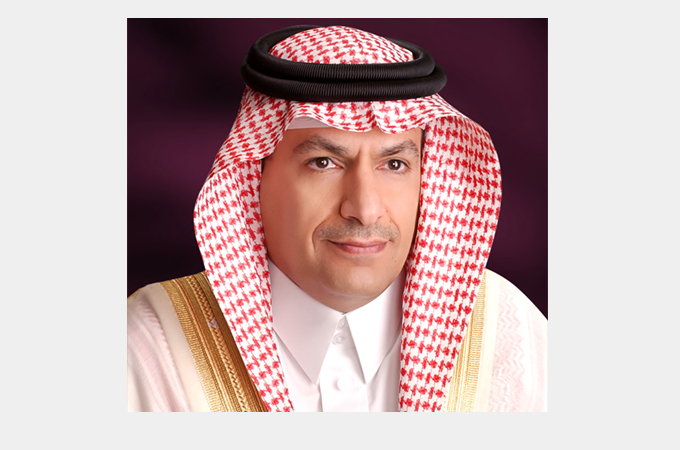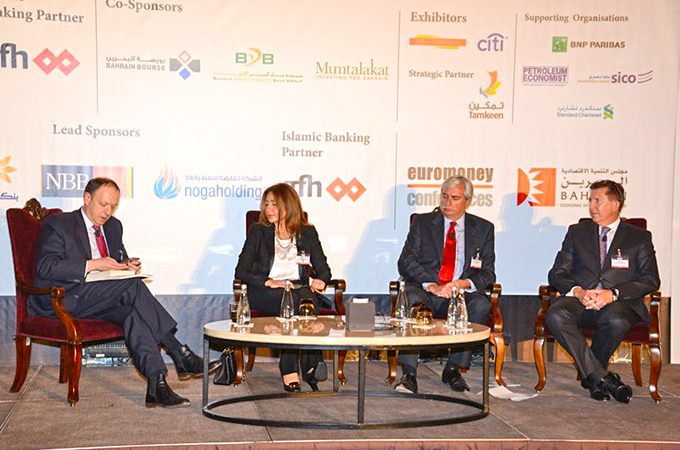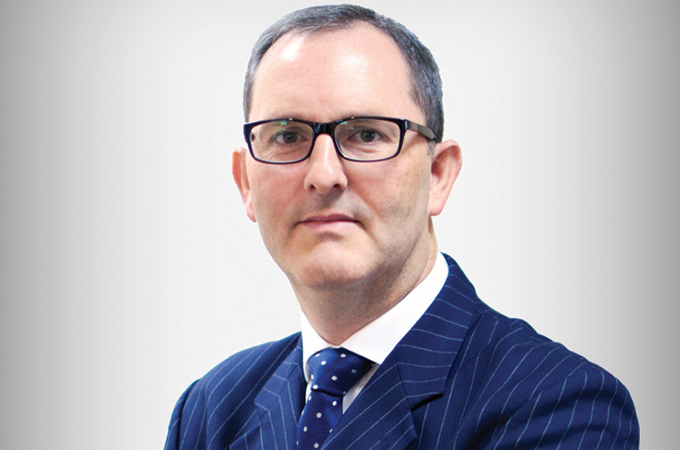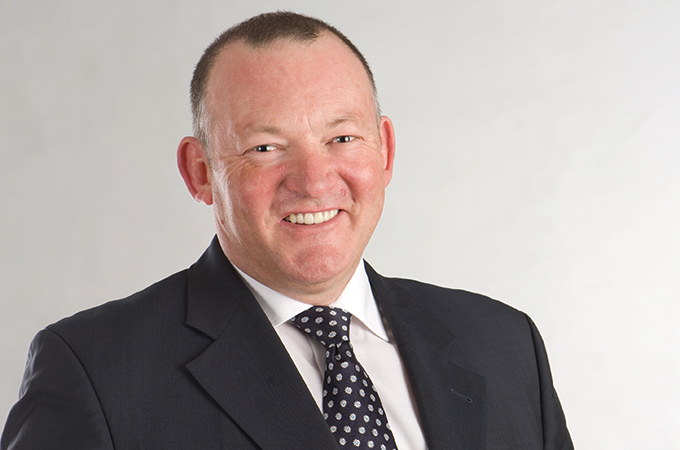Wed, Dec 4, 2019
The 26th anniversary edition of The World Islamic Banking Conference (WIBC), the largest and most prestigious gathering of Islamic banking and finance leaders in the world, kicked off yesterday (December 3) in Bahrain.
The conference is being held under the patronage of HRH Prince Khalifa Bin Salman Al Khalifa, Prime Minister of Bahrain at The Gulf Hotel Bahrain.
Convened by Middle East Global Advisors - a leading financial intelligence platform facilitating the development of knowledge-based economies in the MENASEA markets and in strategic partnership with the Central Bank of Bahrain, the forum is spurring a series of discussions focusing on “Mega Trends in Banking & Finance”, a theme that resonates with the conference’s steady vision to serve as a definitive checkpoint for the global Islamic finance and banking industry.
Showcasing his support for Islamic finance entities to thrive and grow globally and stressing on the way forward for the industry, Godwin Emefiele, Governor, Central Bank of Nigeria in his address said: “Globally, banking and financial landscapes have evolved radically over the last few years. These changes have been driven by impactful forces including regulatory changes, digitalization and technological innovations.
“While traditional banking institutions will remain relevant in mobilizing deposits, providing credits, and processing transactions, the conduct of financial services will continue to change drastically, reflecting major shifts in consumer expectations. Conventional banking with its rising cost of operations may be replaced by faster and more convenient financial gateways.”
“All over the world, e-commerce comprising payments for goods and services via the internet and mobile applications, is projected to be the dominant factor driving growth as more people embrace digital payment solutions. As at the end of 2017, mobile commerce was estimated to account for 48 per cent of digital commerce sales worldwide and is projected to reach $4.6 trillion by 2022.”
Dr Sami Al-Suwailem, acting director-general, Islamic Research & Training Institute, Islamic Development Bank (IsDB) Group in his keynote address stated, “Many analysts expect the crisis to take place in 2020. The exact timing is not what matters most. What matters is “Why” and “How”. Why would there be another major crisis, and how can it be avoided. Experts unanimously agree: It is because of excessive debt. Low interest rates since the onset of the Global Financial Crisis in 2008 made it unusually easy for corporates and sovereigns to pile up debt.”
“The main question now is: How can we curb the growth of debt so that we can achieve sustainable stability? It must be clear from the beginning that stability is a public good. This means that, while the economy as a whole is better off in a low leverage environment, each market player has an incentive to deviate and add up leverage. But if everyone does the same, the economy stagnates and becomes susceptible to financial turmoil,” he added.
Dr Adnan Chilwan, Group chief executive officer, Dubai Islamic Bank said, “In its 26th year, WIBC continues to bring forth industry-leading thought leadership and perspectives towards the progress of the broader financial industry in a time where advancements in technology and regulations are critical for the success of all key stakeholders.”
“I feel that traditions should not be treated as shackles. They should not restrict you from moving forward. Rather, they should serve as a platform for the next transformation. Banking stands at a crossroads today. The leaders of financial institutions in this highly dynamic and progressive world have to make the key decision now – to remain relevant to the demands of the customers or disappear.
“We are competing not just with entities within the sector but ambitious institutions from outside the traditional boundaries. So, it’s time to continuously be a part of the customers' life – simple as that. Banking 2.0 (or Lifestyle Banking) is the only way forward,” he added.
Other key highlights from the day include the Presentation on Global Economic Outlook by Dr Jihad Azour, director – Middle East & Central Asia Department, International Monetary Fund, panel discussions focusing on New Markets & Harmonization of Global Islamic Finance Standard, Digital Transformation: New Trends in Fintech, and Value Creation via M&A.
Leading industry experts analyzed the challenges at hand and focused on coming up with effective suggestions with the ultimate aim of developing a convergence roadmap for the Islamic Finance industry at large.
Key highlights to look forward include: Presentation on Economic Cooperation & Connectivity, Panel discussions on the Objectives of Shari’ah and Islamic Finance, Sustainable Finance & Corporate Social Responsibility, Islamic Economy – Opportunities & Working Models, SMEs & Financial Inclusion, and Sukuk Market.
The World Islamic Banking Conference (WIBC) has established its reputation as the world's largest and most influential gathering of international Islamic banking and finance leaders for over two decades.
With the strategic support of the Central Bank of Bahrain, the next generation WIBC will focus on transforming Islamic finance into a global proposition by facilitating strategic opportunities, addressing systematic challenges and connecting international market players and institutional investors to the industry's catalysts, thought leaders, partners and institutions.



